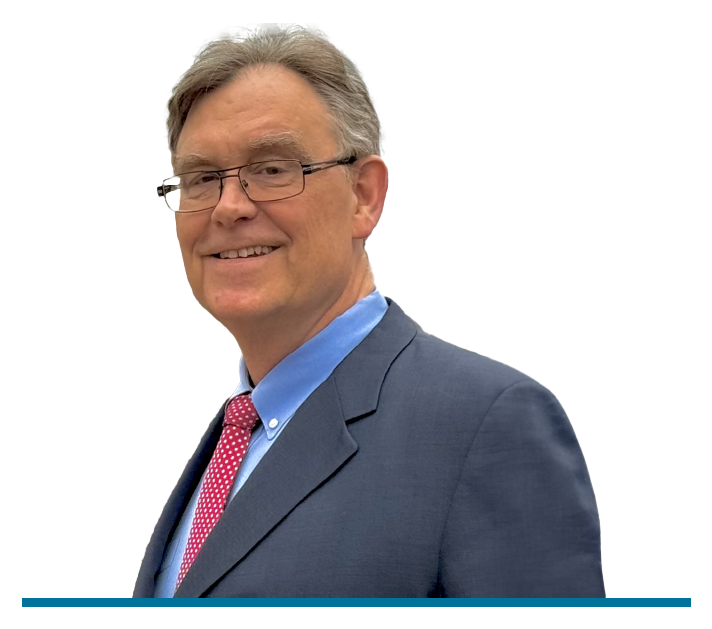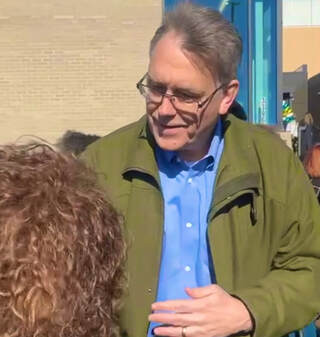|
|
Update the Truth in Caller ID ActCongress passed the Truth in Caller ID act in 2009, but its vagueness still allows commercial companies to provide misleading call origination information to increase the chances of consumers picking up the phones. Ashby believes we need to change the law to specify that all commercial calls must provide accurate call origination information, including if the call originates from outside the U.S.
|
Our country has gotten off track and we are heading in the wrong direction.Both major parties, in their own way, are undermining our government’s ability to do its job. And the bitterness of their attacks on each other are causing Americans to turn away from the political process.
Because of extremists within their ranks, both major parties have stepped back from a belief in individual freedom. Send a message that individual freedom still matters. Send a message that extremism has no place in Missouri’s 1st Congressional District. Vote AGAINST Rep. Cori Bush in the August primary. |
|
The purpose of our government is to extend individual freedom – to give every American the ability to determine the course of his or her life.
For us to be able to lead the lives we want, government at some level has to provide a lot of things. An educational system for our children. Roads, highways, airports and trains to get us where we want to go. A secure financial system for our savings and retirement. Safe neighborhoods and streets. Food and water that won’t make us sick.
Both major parties, in their own way, are undermining the government’s ability to do the many things it needs to do to ensure we all have the ability to lead the lives we want.
The Democratic Party, pulling to the left, has in some ways come to see individuals as defined more by their environment than by their personal choices, and so less accountable for their actions.
The Republican Party, pulling to the right, has in some ways come to actively work to undermine the effectiveness of government and its efforts to ensure equality of opportunity.
The battle between the two parties has caused gridlock, keeping government from responding to our rapidly changing world.
It’s time to push back against the polarization and extremism that has been dividing our nation and undermining our government’s effectiveness. It’s time to get back to a commitment to individual freedom and responsibility.
It’s time for our country to return to the middle. It’s time for Compromise.
Blake Ashby will bring a different voice to Missouri’s 1st District – a voice of reason, respect and compromise.
The divisiveness is undermining our country.The United States, in many ways, has gotten off track. We have stepped back from civil society. We have stepped back from respect for everyone. We have stepped back from the core idea of our Constitution, that every person has a right to their own opinion, and a right to be respected as a human being.
|
About Blake
Blake Ashby lives in Ferguson, Missouri, with his wife Dara (and dogs). He was previously a member of the City Council of Ferguson, representing the 2nd Ward. A longtime entrepreneur, he has helped start numerous successful businesses. He writes the occasional commentary for the St. Louis Post-Dispatch and other publications and is an occasional talk radio guest.
Paid for by the Committee to Elect Blake Ashby


